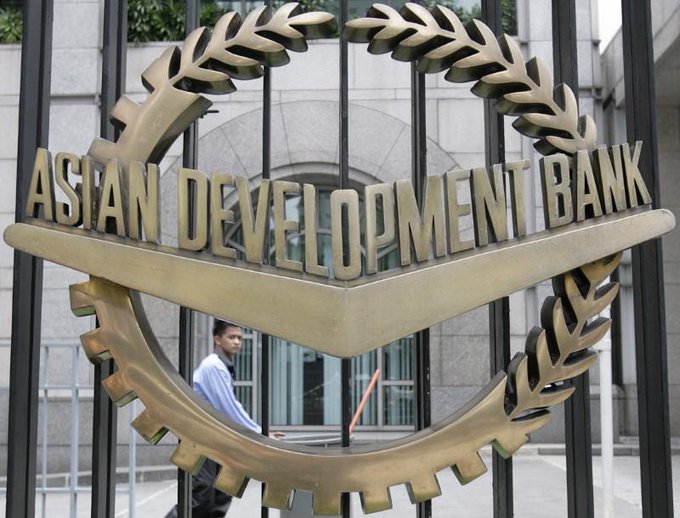$200 Million in ADB Loans to Demonstrate a Low-Carbon and Resilient City Growth Model in Xiangtan, PRC
New Delhi: The Asian Development Bank (ADB) has approved $200 million in loans to support Xiangtan municipal government, in the People’s Republic of China (PRC), as it shifts to low-carbon, resilient, and smart city development.
“Xiangtan is an old industrial city undergoing rapid urbanization and industrial transformation that is committed to achieving carbon peaking by 2028,” said ADB Senior Urban Development Specialist Na Won Kim. “To support this target, the assistance will take a sector development program approach to bring well-designed low-carbon and climate-resilient infrastructure, information, and knowledge platforms, and policy reforms that will provide an enabling environment and the right incentives to stimulate low-carbon behaviors and practices.”
Xiangtan’s growth has led to greenhouse gas (GHG) emissions increasing by 4.5% a year during 2005-2016. The municipal government has taken measures to reduce carbon emissions, including closing down heavily polluting industrial plants, promotion of low-carbon technologies, deployment of clean vehicles, restoration of wetlands and forests, and expansion of green areas. But coal contributes 96% of the energy sources supplied to the grid in Xiangtan while renewable energy resources such as solar and wind power are limited. Much more effort will be needed to substantially reduce GHG emissions to meet the 2028 target without impacting economic growth.
The Xiangtan Low-Carbon Transformation Sector Development Program will help the municipal government transform public transport through 60 kilometers of dedicated bus lanes with transit signal priority, real-time bus information, transforming street layout for better walking and cycling access, redesigning the access at two railway stations for easy mode-shift, and improving road safety at school zones. The municipal government will construct a new hospital with a green building certificate, including use of passive building design and integrating advanced clean energy technologies, water-saving features, and extensive flood resilient measures using ecosystem-based solutions. An unused government building will also be retrofitted to house the Asia Low-Carbon Training Center, showcasing green and low-carbon building techniques and features.
The transformative impacts of physical investment will be augmented by smart city platforms, including intelligent transport, industrial energy and utility management, building energy management, early flood warning, and environmental monitoring assessment systems using information and communication technology and the internet of things. Policy actions set the vision and targets for Xiangtan’s low-carbon development, and provide enabling mechanisms, regulations, and guidelines to sustain low-carbon and resilient city growth. The Xiangtan municipal government will run the Asia Low-Carbon Training Center to share their low-carbon transformation experience and knowledge with other PRC cities and elsewhere in Asia.
ADB is providing two loans—$150 million for the project activities and a $50 million policy-based loan to be paid in two tranches contingent on completion of key reforms to drive low-carbon innovations and system transformation. The program’s total cost is at $395.88 million, of which $195.88 million is provided by the PRC government. The estimated completion date for activities under the project loan is the end of 2025.
ADB is committed to achieving a prosperous, inclusive, resilient, and sustainable Asia and the Pacific, while sustaining its efforts to eradicate extreme poverty. Established in 1966, it is owned by 68 members—49 from the region.

